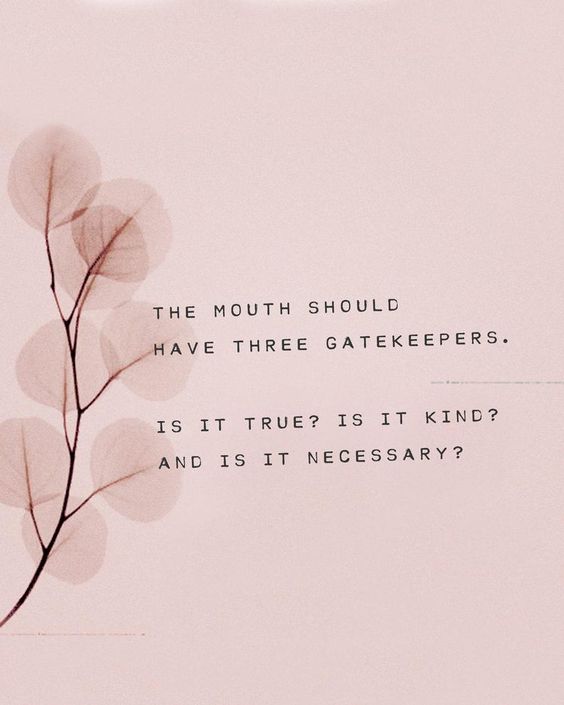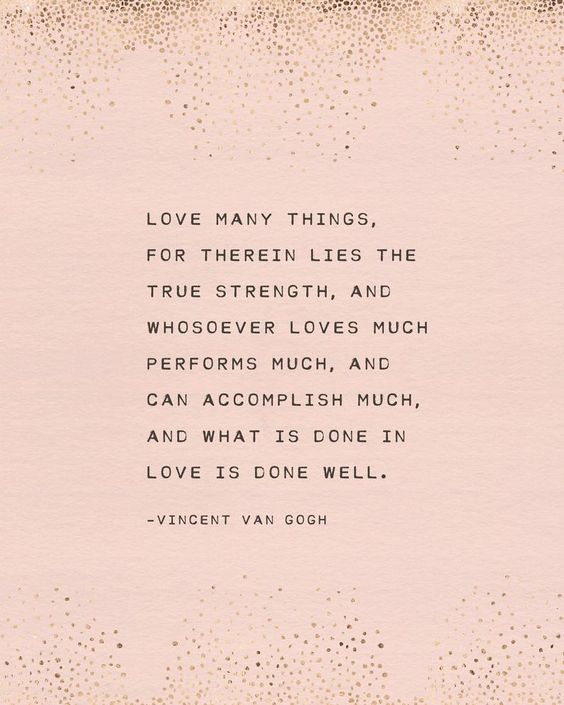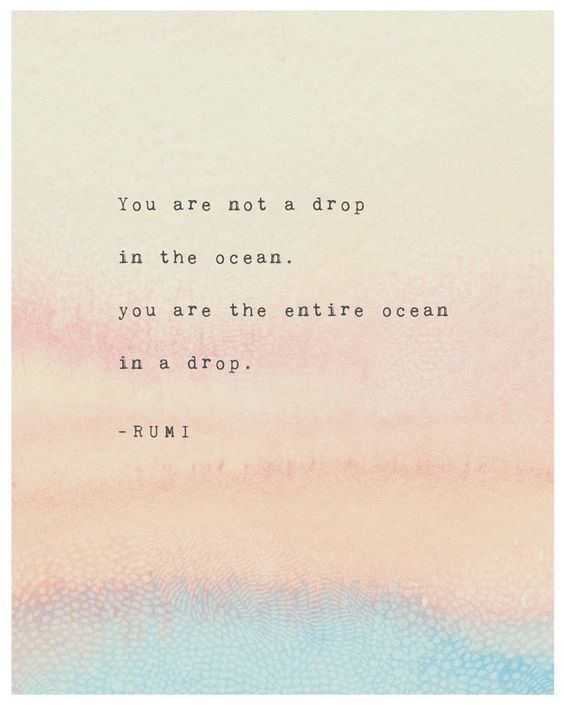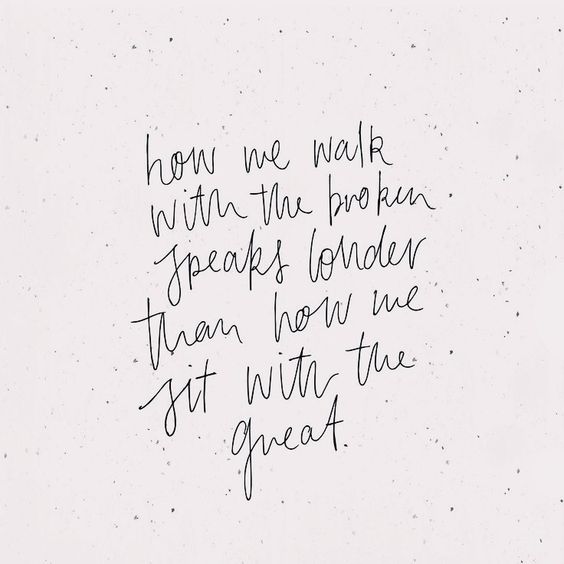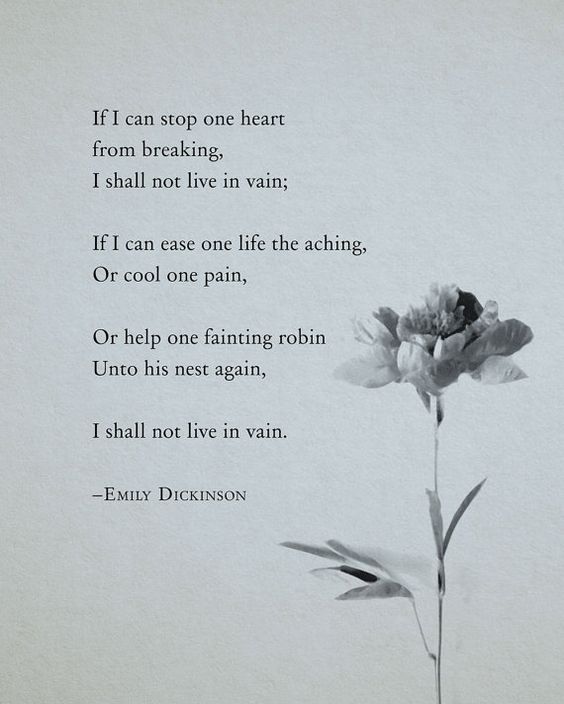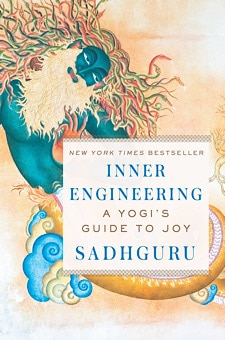“Well-being is just a deep sense of pleasantness within. If your body feels pleasant, we call this health. If it becomes very pleasant, we call this pleasure. If your mind becomes pleasant, we call this peace. If it becomes very pleasant, we call this joy. If your emotions become pleasant, we call this love. If they become very pleasant, we call this compassion. If your life energies become pleasant, we call this bliss. If they become very pleasant, we call this ecstasy. This is all that you are seeking: pleasantness within and without. When pleasantness is within, it is termed peace, joy, happiness. When your surroundings become pleasant, it gets branded success. If you’re not interested in any of this and want to go to heaven, what are you seeking? Just otherworldly success! So, essentially all human experience is only a question of pleasantness and unpleasantness in varying degrees.”
Sadhguru, Inner Engineering (Page 26)
![Sadhguru on How the Whole Of Human Experience Is Self-Created (and How To Take Better Control of Your Experience) [Excerpt]](https://movemequotes.com/wp-content/uploads/2020/10/IMG_7577-930x620.jpg)

